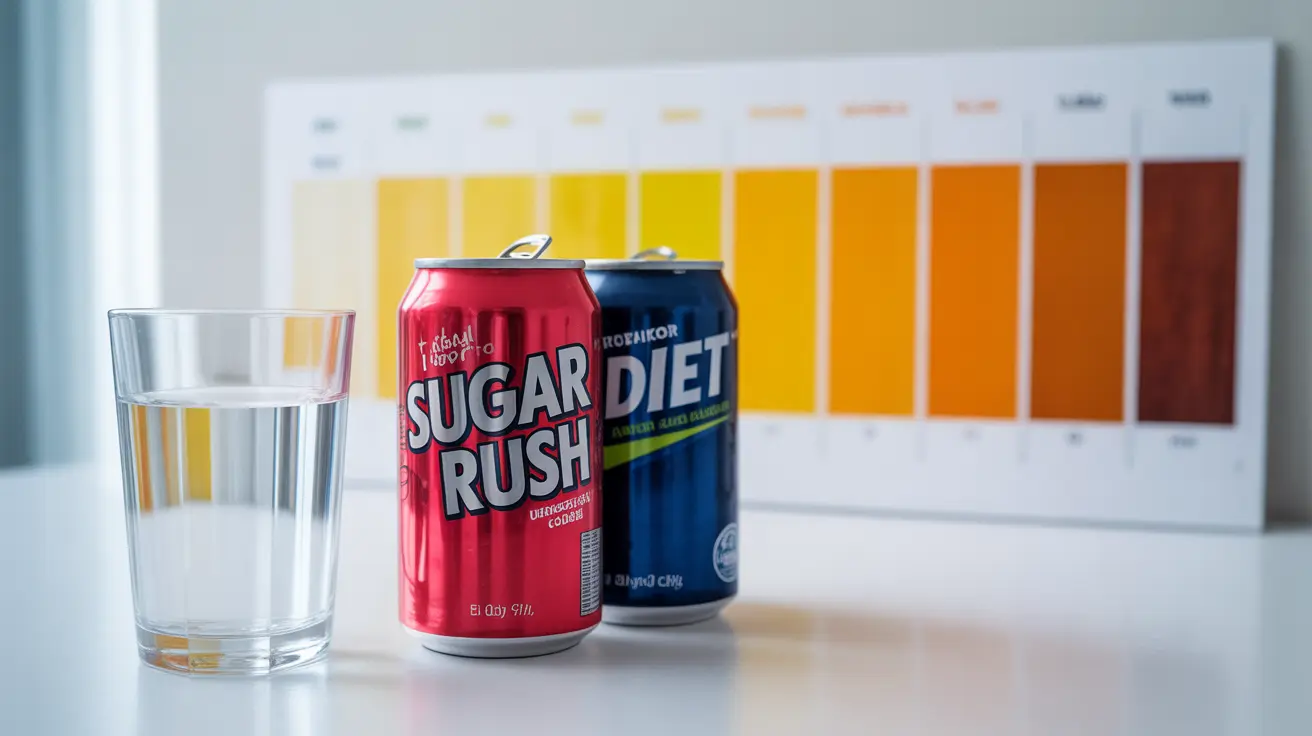Many people worry that their favorite carbonated beverages might be secretly dehydrating them. With conflicting information circulating about sodas and hydration, it's important to understand the real effects these popular drinks have on our body's water balance.
In this comprehensive guide, we'll explore the relationship between soda consumption and hydration, examining the science behind caffeine's effects and providing practical advice for maintaining proper hydration while enjoying your preferred beverages.
Understanding Soda's Impact on Hydration
Contrary to popular belief, regular consumption of sodas doesn't typically cause significant dehydration. While these beverages do contain caffeine, which has mild diuretic properties, the water content in soda generally outweighs any dehydrating effects.
The average 12-ounce can of soda contains about 30-40 mg of caffeine, which isn't enough to trigger substantial fluid loss. Your body still absorbs and retains most of the water present in the beverage.
The Role of Caffeine in Hydration
Caffeine's reputation as a dehydrating substance stems from its mild diuretic effect, which means it can increase urine production. However, research shows that this effect is relatively minimal, especially in people who regularly consume caffeinated beverages.
Caffeine Tolerance and Hydration
Regular soda drinkers often develop a tolerance to caffeine's diuretic effects. This means that frequent consumption of caffeinated beverages typically won't significantly impact their hydration status.
Comparing Different Beverages and Their Effects
Soda vs. Other Caffeinated Drinks
While sodas contain caffeine, their levels are generally lower than those found in coffee or energy drinks. Here's how they compare:
- Regular cola: 30-40 mg caffeine per 12 oz
- Coffee: 95-200 mg caffeine per 8 oz
- Energy drinks: 70-150 mg caffeine per 8 oz
The Impact of Alcohol vs. Soda
Alcoholic beverages have a much stronger dehydrating effect than sodas because alcohol is a potent diuretic. This is why mixing caffeinated sodas with alcohol can be particularly concerning for hydration status.
Best Practices for Staying Hydrated
If you regularly consume sodas or other caffeinated beverages, consider these hydration tips:
- Balance soda intake with plain water throughout the day
- Monitor your urine color (pale yellow indicates good hydration)
- Increase water intake during exercise or hot weather
- Consider drinking water between caffeinated beverages
Frequently Asked Questions
Does drinking soda cause dehydration or increase urine output significantly?
No, drinking soda doesn't cause significant dehydration. While the caffeine in soda has mild diuretic properties, the water content in the beverage provides more hydration than the caffeine removes.
How much caffeine in soda or coffee starts to have a dehydrating effect on the body?
Caffeine amounts exceeding 500mg per day may begin to have noticeable diuretic effects. Most sodas contain 30-40mg per can, which is well below this threshold.
Can moderate consumption of soda or coffee lead to dehydration compared to drinking water?
Moderate consumption of soda or coffee is unlikely to cause dehydration when compared to water. While water is the optimal choice for hydration, these beverages still contribute to your daily fluid intake.
Why are energy drinks and alcoholic beverages more likely to cause dehydration than soda?
Energy drinks typically contain higher levels of caffeine than soda, while alcohol is a more potent diuretic. Both can lead to increased fluid loss compared to regular sodas.
What are the best ways to stay hydrated if I regularly drink soda, coffee, or other caffeinated beverages?
To maintain proper hydration while consuming caffeinated beverages: drink water regularly throughout the day, monitor your urine color, increase water intake during exercise or hot weather, and try to maintain a balanced ratio of water to caffeinated drinks.




